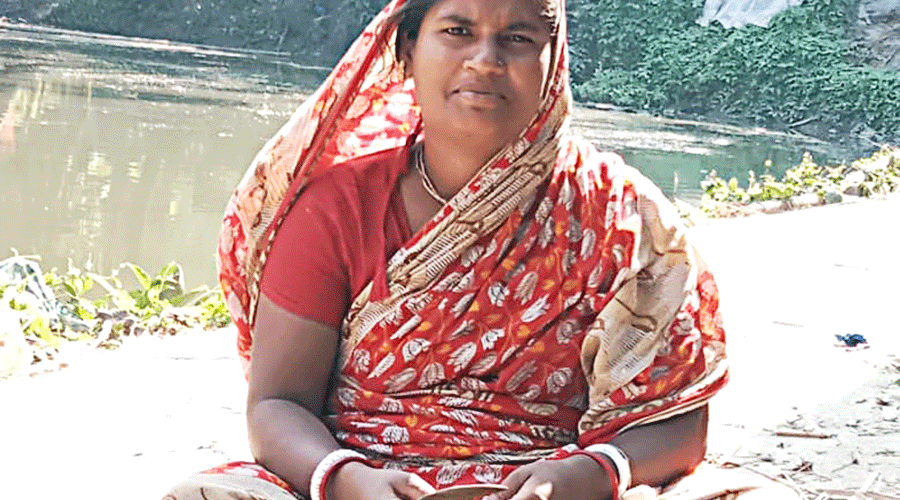A group of women in South 24-Parganas district who used to sell cane baskets before they went out of business for nearly three years, started producing the baskets afresh this year.
The baskets produced by the women from Ushti were primarily sold to shopkeepers outside Kalighat and Dakshineswar temples but the trade dried up because of the pandemic.
For some, the income dipped to half or even less than what it was before March 2022, sources said.
Recently, 10 women received an interest-free loan from Calcutta Social Project, an NGO, to pump some money into their business. The loan amount varied from Rs 6,000 to 10,000.
Some of the women are primary earning members of their families and for some others, the business was the source of their children’s school fees.
Their children go to private schools something that was affordable for them during the pre-pandemic times but the two years of losses made it increasingly difficult for them to pay the fees.
Tara Senapati, 29, a mother of a 12-year-old boy, was finding it difficult to pay Rs 1,200 per month as her son’s school fees.
“During the lockdown, the fees were halved. After that, we managed to pay the fees somehow. But the fees piled up again in November and December. We also needed money for the business,” said Senapati.
She has received a loan of Rs 6000.
A good day in the market is determined by how many bundles one is able to sell. One bundle is a pack of 60 baskets.
The medium-sized baskets are sold for Rs 100 a bundle and the small-size ones at Rs 50 a bundle.
Thakurdasi Nath, another woman from Ushti said that her loan of Rs 8,000 helped her make more baskets.
“We go to Dakshineswar twice a week and try to take at least 50 bundles with us. Else it is not viable because travel and labour require money,” said Nath. She has two sons, who are migrant workers and two daughters. Nath married off one of them during the lockdown.
“It was difficult to feed so many people at home. Then there was no business and no money. Whatever savings we had was gradually gone” she said. For the last few months she was unable to supply more than 30 bundles a week, she said.
Calcutta Social Project’s livelihood programme to provide interest-free loans to small businesses started in September 2020.
So far they have provided loans to 360 men and women which include vegetable and fish sellers, grocers, hawkers.
“If we do not provide loans to these people or these women (basket makers) either they would be forced to take loans from local money lenders at a high interest or they would end up giving up the business and shift to working as helps,” said Arjun Dutta, president of Calcutta Social Project.
“Some of these women run their families because their husbands would not work either on the pretext of some health problems or because they have made up their mind not to work,” he said.
